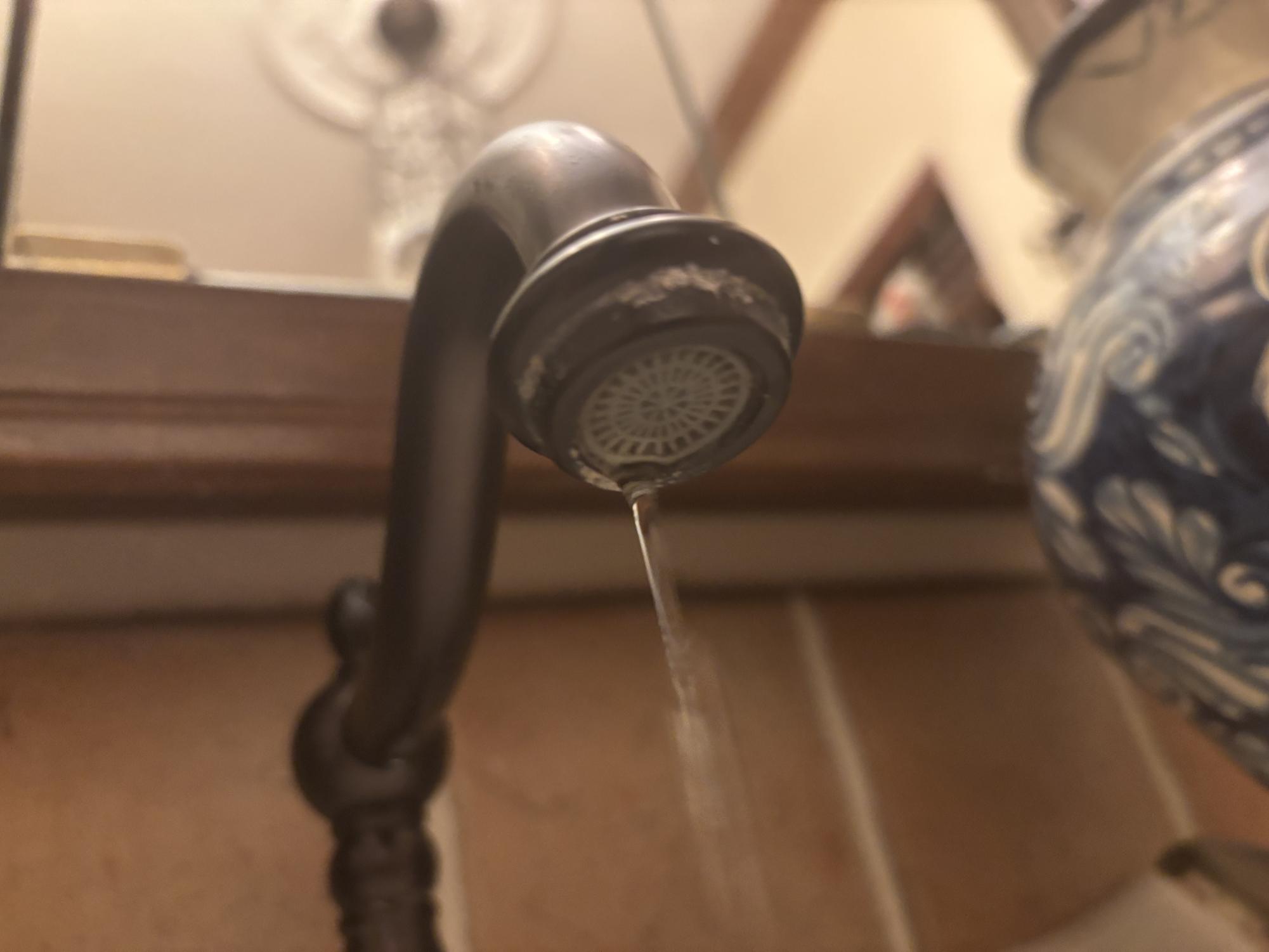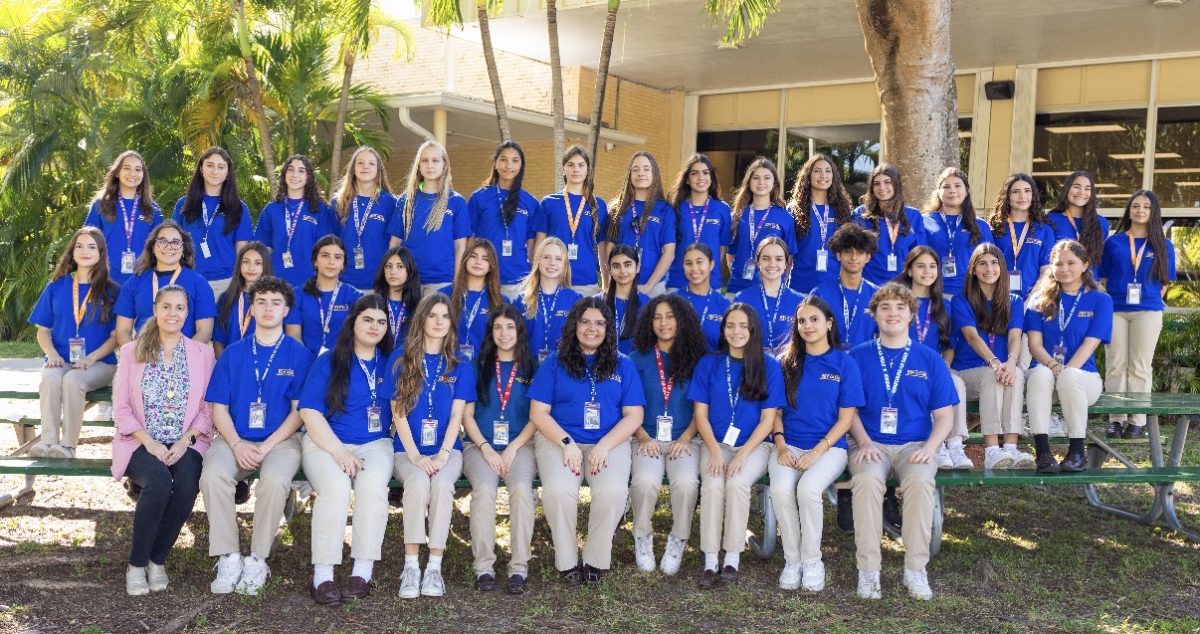Drip Drip Drip… It’s a sound you hear every day when you shower, wash your hands, or scrub the dishes. But even small drips create a wave in the world. Did you know that 140 million gallons of water are wasted annually in Miami? This is caused by the challenges of aging infrastructure, rapid early development, and climate change. Issues with water management in Miami date back to the 1920s when urban growth and pollution increased. Poor water management can cause the following:
Excessive Flooding and Stormwater Runoff
When water is not properly drained, water can flood streets especially during storms and hurricane season. Poor drainage can also sweep up pollutants such as chemicals, trash, oils, and dirt into waterways which can also harm wildlife.
Saltwater Contamination
Miami uses a water purifier called the Biscayne aquifer to provide fresh water throughout the city. It works by allowing rainfall to flow into porous limestone where it is pumped, treated, and distributed. However, poor management of these aquifers can cause ocean water to seep through and contaminate the water.
“If it’s a health and safety issue that affects everyone,” said Miami waterfront homeowner Ms. Suzee Bailey.
Increased Mosquito Breeding
Mosquitos lay their eggs in stagnant water such as slightly filled pots, puddles, or any shallow stagnant water. Stagnant water from flooding due to poor water management can increase the ability for mosquitoes to lay eggs. This can cause more mosquito-borne illnesses such as malaria and can cause overall discomfort.
The city of Miami is aware of the issues and is actively implementing methods to help conserve water.
“I find magic and inspiration in the natural world. In all the diversity of ways that creatures and critters have found to survive on this planet, and the intricate web of relationships between them. It’s energizing to know that we are working every day to protect our community and the wildlife that lives with us,” said Miami Water Management Director Ms. Rachel Silverstein.
The Citywide Stormwater Master Plan aims to improve Miami’s water management. The city of Miami has been conducting a project to enhance the rainwater infrastructure to reduce flooding and improve water quality. The plan was approved in 2024 with 25 priority projects placed around the city to manage the infrastructure as the city works alongside engineers.
Advancements in water quality have been made. Miami-Dade County, for instance, allocated $1 million to $25 million from a state fund to aid programs and projects aimed at reducing pollution and improving the ecosystem health of Biscayne Bay.
“As climate change intensifies, maintaining the aging wastewater system in Miami-Dade County is an increasingly complex challenge requiring creative, integrated, and holistic solutions,” said Senior Vice President at Jacobs Engineering, Mr. Ron Williams.
At ILS, having Biscayne Bay as its backyard, it is important to remember there is only one planet which is irreplaceable from the rest. Through work, mindfulness, and conservation the future of better water management in Miami-Dade County may be closer than many think.








